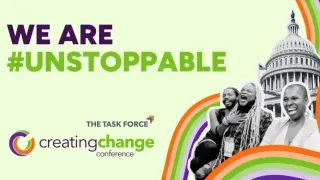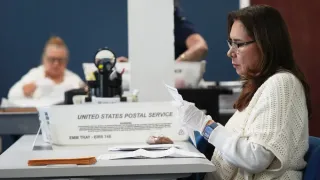April 28, 2015
Iowa Students Ask for Non-Discrimination Policy Review
Jason St. Amand READ TIME: 1 MIN.
Students at a West Des Moines high school have presented a petition to the school board to extend its nondiscrimination policy to those who rent the school district's facilities.
According to reports, students from Valley High School presented a petition to revise policy to require renters to sign an agreement that they would abide by the district's policy regarding protection for sexual orientation and gender identity.
The petition comes on the heels of criticism officials at Dowling Catholic High School have received for opting not to hire a substitute teacher full time after learning he was gay.
Dowling Catholic High School has a long-standing agreement with the district to use its football field.
Some school board members have expressed interest in reviewing the policy. H. Milton Cole-Duvall commended the students for their actions.






